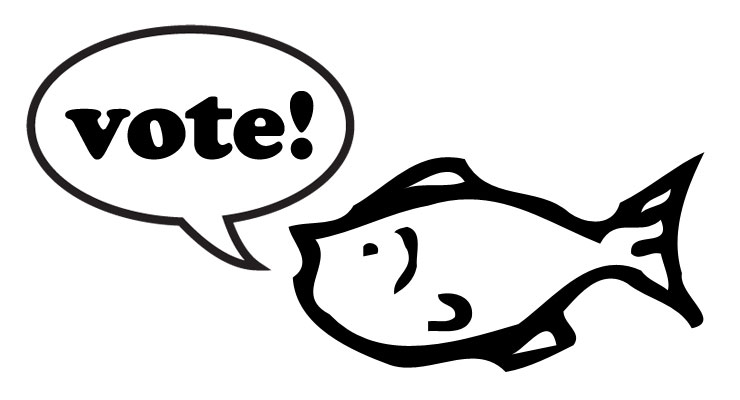
Most observers acknowledge that the recent Supreme Court decision in the Citizens United case opened the floodgates for corporate financial donations to rush into the arena of American politics. The majority opinion essentially allows an unlimited amount of cash to be spent indirectly in order to either promote or discredit a particular candidate. And, as noted in previous articles [see “A (Not So) Surprising Consensus”, 13 March] a majority of Americans are opposed to these so-called “Super-PACS”. The obvious concern regards the level of influence that can be bought–both during and after an election. The logic follows that big money spent on advertisement can sway an election which then demands a return of the favor in the form of “kickbacks” and “earmarks”. But once again, the argument fails to address the fundamental issue.
The question that no one is asking is, “why does campaign spending influence election outcomes?” Furthermore, why do voters allow themselves to be influenced by exorbitant spending? The simple fact is that money is spent because it works. Once the emotion and outrage are stripped away, what remains is merely a cost/benefit analysis that corporations and politicians make. Corporations view donations as an investment that they hope will pay off once the candidate is elected. The candidate, in turn, sees campaign finances as capital borrowed to succeed in the short run. The variable in this equation is the malleability of voter sentiment.
Finding Blame for Campaign Cash Influence?
So, what would happen to this reciprocal relationship if the ability to influence voters was diminished? What would the state of campaign finance in the United States look like if voters were not susceptible to hundreds of millions of dollars in television ads that attempt to both promote a particular candidate while simultaneously deriding their opponent? Well, revisiting the cost/benefit analysis from before, we find that a corporation’s millions of dollars, funded through a “Super-PAC” will no longer result in the intended sway of voter sentiment.
Consequently, when a candidate fails to reap the benefits in the form of votes, they are less beholden to such financiers. The process now becomes reciprocal in its diminution of influence. Instantly, spending millions on campaigns is no longer a wise investment. Likewise, no massive influx of campaign cash relieves a candidate of the obligation to return the favor.
However, the caveat to this reality is just that: reality. And the reality of the situation is that campaign cash does influence voter sentiment. Yet merely acknowledging this misdeed does not clear the conscience of those whom desire a democratic process that embodies the true sentiment of the electorate. So, absent a world in which voters are not susceptible to the influence of 30 second blurbs filled with out-of-context statements and half-truths, perhaps policies that aim to limit financial influence—be it corporate or private—are not necessarily an assault on free speech after all. We must remember, however, that the privilege of voting requires the exercise of due diligence in remaining informed about all issues and candidates. With an educated electorate, no amount of financial input can influence an outcome.
Leave a Reply